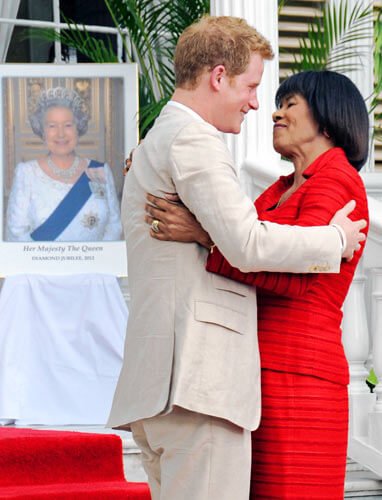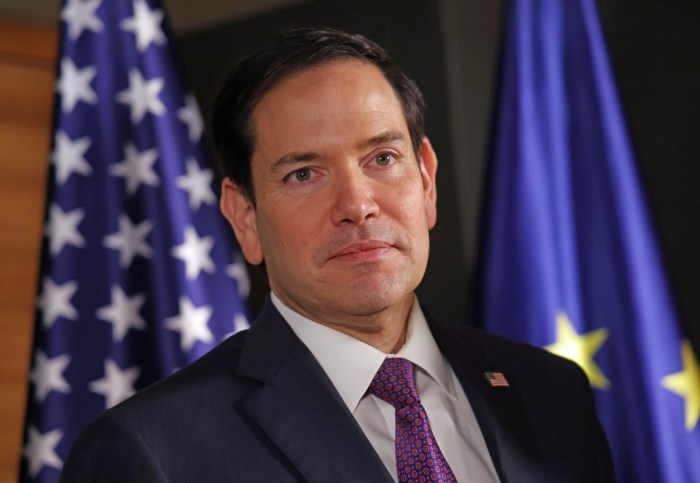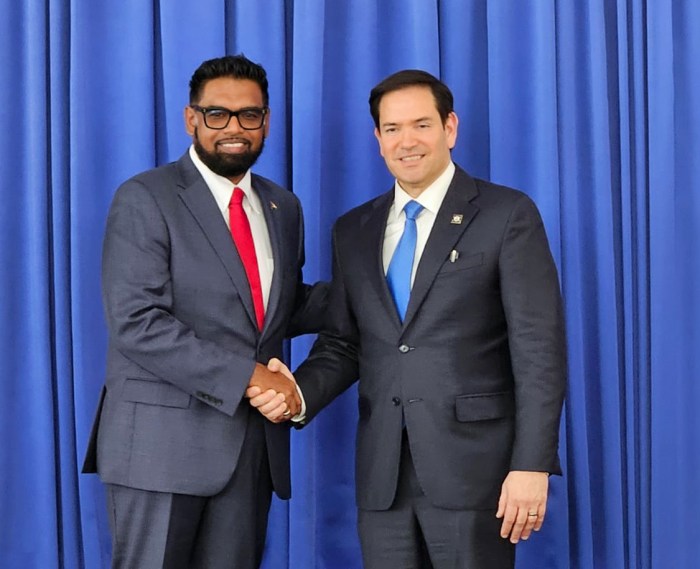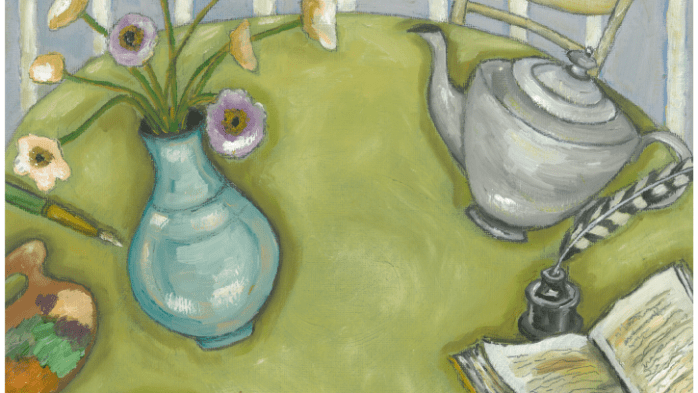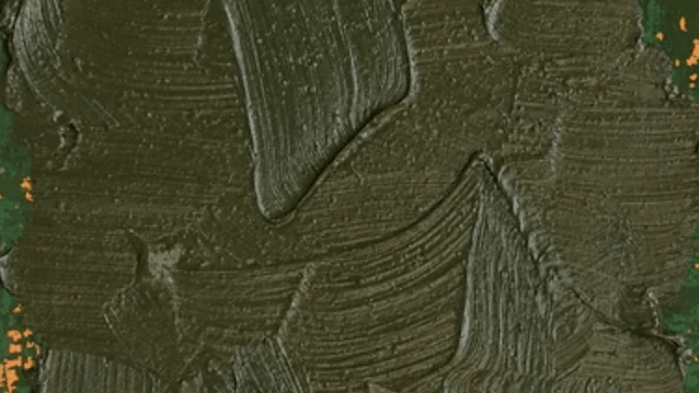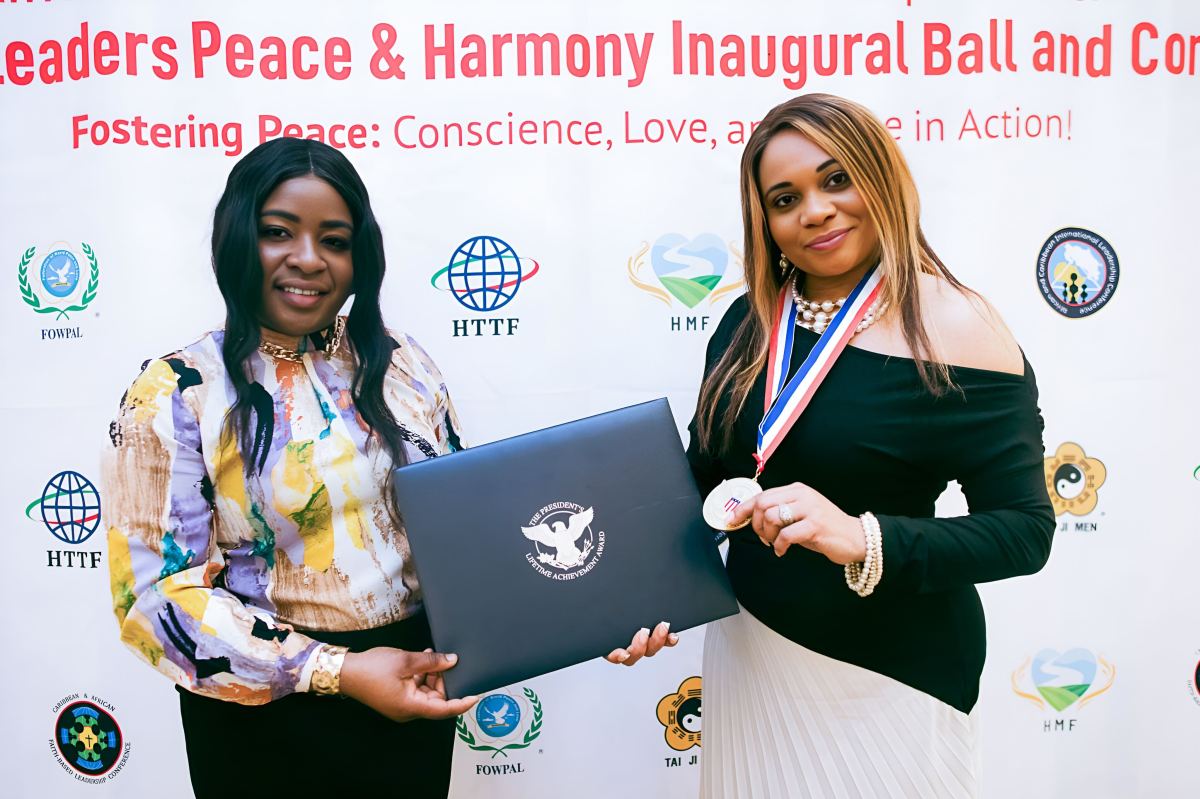In only six months of leadership, Prime Minister Portia Lucretia Simpson-Miller of Jamaica has elevated the island’s profile by attracting positive world attention and in the process gleaned accolades for the Caribbean.
The nation’s first female head of state distinguished her governance soon after the January inauguration by meeting with CARICOM leaders and US President Barack Obama to discuss the way forward.
Simpson-Miller became the first head of government in Jamaican history to formally endorse civil rights for lesbian, gay, bisexual and transgender citizens.
She made the commitment during the election campaign.
“I have no problem giving certain positions of authority to a homosexual as long as they show the necessary level of competence for the post.”
She confronted the controversial issue many before her had either side-stepped or denounced.
The latter position resonated as bigotry towards a segment of the society and may have fomented intolerance and discrimination against the minority population.
Her statement was in direct opposition to her predecessor’s PM Bruce Golding who told a BBC reporter he would never allow gays to sit in his cabinet.
“I make no apology in saying decisively and emphatically that the government of Jamaica remains irrevocably opposed to the recognition, legitimization or acceptance of same-sex marriages or same-sex unions.”
Simpson-Miller also took a bold and controversial stance when she endorsed replacing the position of the British monarchy with an elected head of state.
She is the second head of government to openly endorse republicanism after PM Percival J. Patterson. Simpson-Miller has reportedly pledged to transform Jamaica into a Republic as part of the fiftieth anniversary of the island’s independence.
Reportedly, she believes Jamaica should become a republic, in keeping with the mandate of independence.
However, she pleased crown and country in April, welcoming Prince Harry to the Commonwealth nation. In commemoration of Queen Elizabeth II’s 60th reign on the throne of England, her grandson visited Jamaica and was graciously received.
Now in the sixth month of her affiliated People’s National Party rule, the 10th prime minister of the island is immersed in fulfilling campaign promises regarding domestic demands.
She recently appeased Diasporan residents of New York visiting Brooklyn, home to the largest immigrant community from her country.
While here, Simpson-Miller accepted the oldest suspension bridge in the United States, generously gifted by Borough President Marty Markowitz, who chose the Brooklyn Bridge as a significant keepsake for her first-time visit since her inauguration.
She accepted the miniature replica of the 129-year-old, steel suspension and national monument at a church in the Crown Heights section of Brooklyn.
In addition, Markowitz signed a proclamation declaring April 25, 2012, “Jamaica 50 Day in NYC.”
Jamaicans showed up in numbers to greet their leader.
While here the PM also introduced the new consul general to the tri-state area. She endorsed the appointment of Herman G. Lamont, saying “inclusiveness” is the aim of the new consul.
“He will work with all Jamaicans,” and maintain an “open door policy, one of inclusiveness.”
She predicted “he will do a great job.”
On that same visit along with US Secretary of State Hillary Clinton and an impressive list of 100 distinguished world figures, Simpson-Miller was voted one of the most influential names by Time Magazine.
The next six months will find the third female prime minister from the Caribbean rooting for her favored team of athletes to the summer Olympics in London.
As Jamaica’s minister of sports she seems particularly intent on seeing the athletes win more gold medals than the impressive cache they carted away from Beijing, China after the last Olympic competitions.
Simultaneously she will be embroiled with celebrating the biggest island event since attaining independence Aug. 6, 1962.
First of the English-speaking CARICOM nations to attain independence, the island helmed by Simpson-Miller will be in the spotlight as it marks 50 years of self rule.
“We are a Nation on a mission,” she said.
Nicknamed ‘Sister P’ the two-time prime minister seems to be unifying her nation.
Joining the ranks of pioneering Caribbean female leaders — Dominica’s Eugenia Charles and Guyana’s Janet Jagan — she first led the country in 2007 to complete the tenure of retiring PM P.J. Patterson.
Although her popularity soared throughout that period when the term ended she lost her first bid to rule but retained leadership of the PNP.
The Jamaica Labour Party’s candidate Bruce Golding triumphed.
But his rule was short-lived.
Towards the end of last year he announced he would retire.
Following the naming of a replacement prime minister, a violence-free election pitted her against a young and emerging opponent named Andrew Holness.
Simpson-Miller snatched a landslide victory on Dec. 29, 2011.
On Jan. 5, 2012 during her inauguration speech she promised a downsizing of government and transparency, to curb corruption and to unify the nation.
Portia Simpson-Miller was named Person of the Year by the Gleaner and Observer newspapers in her country.


